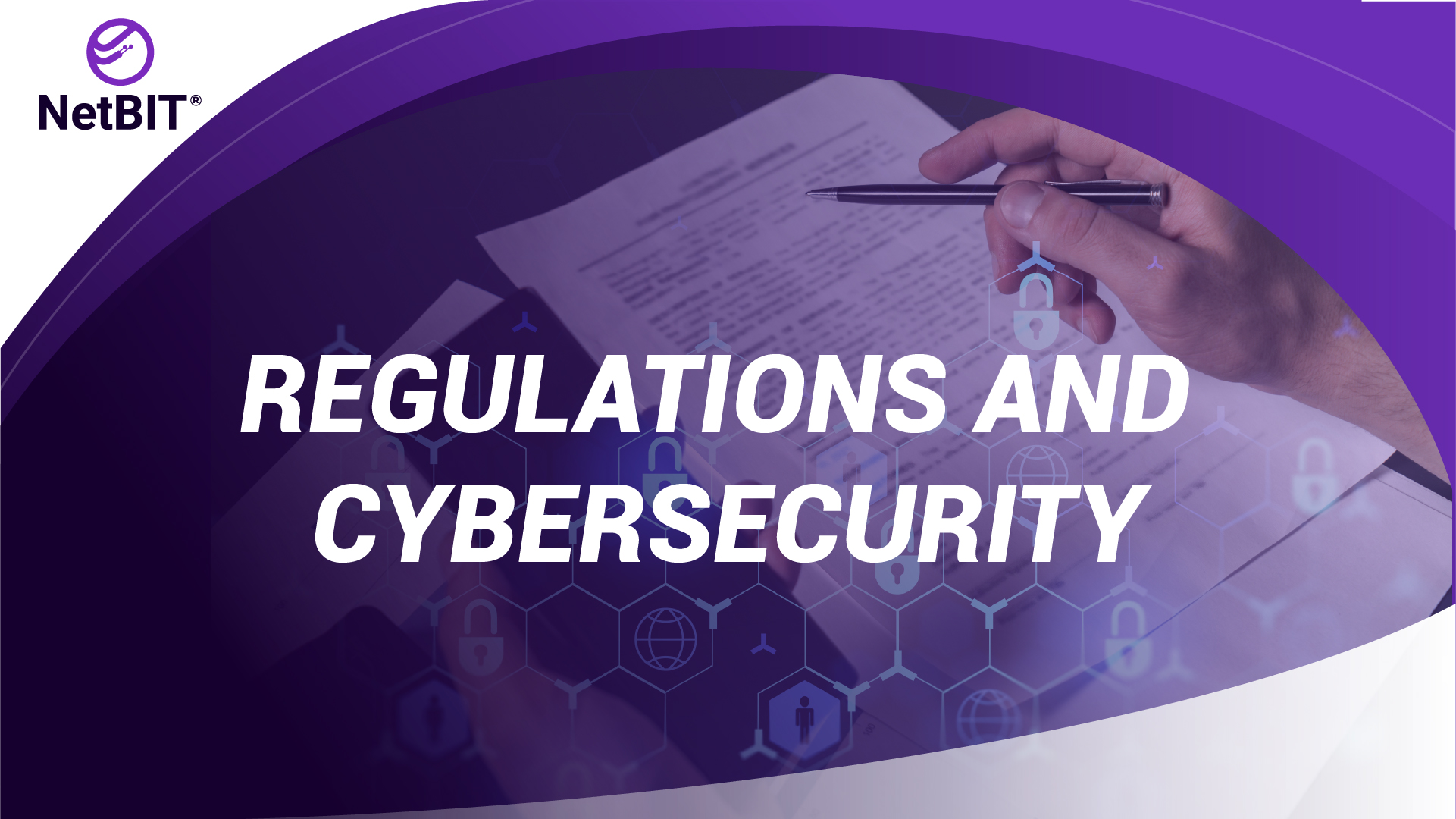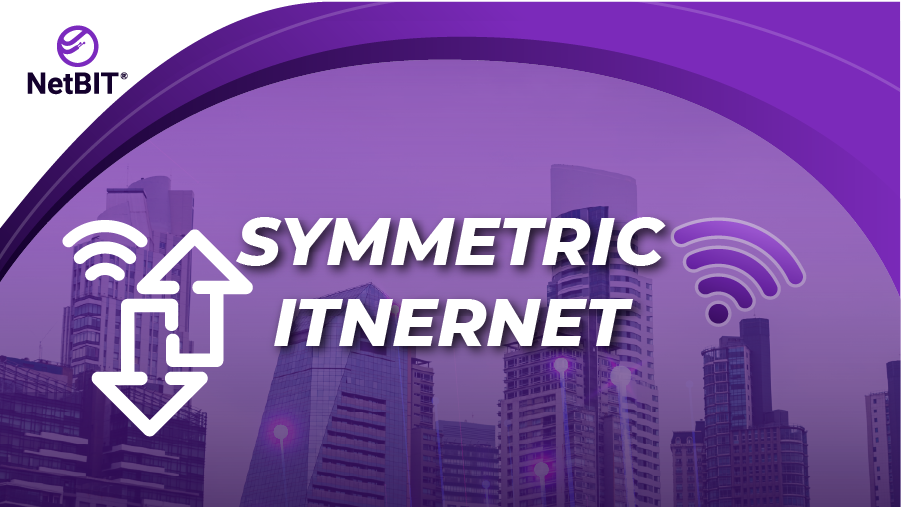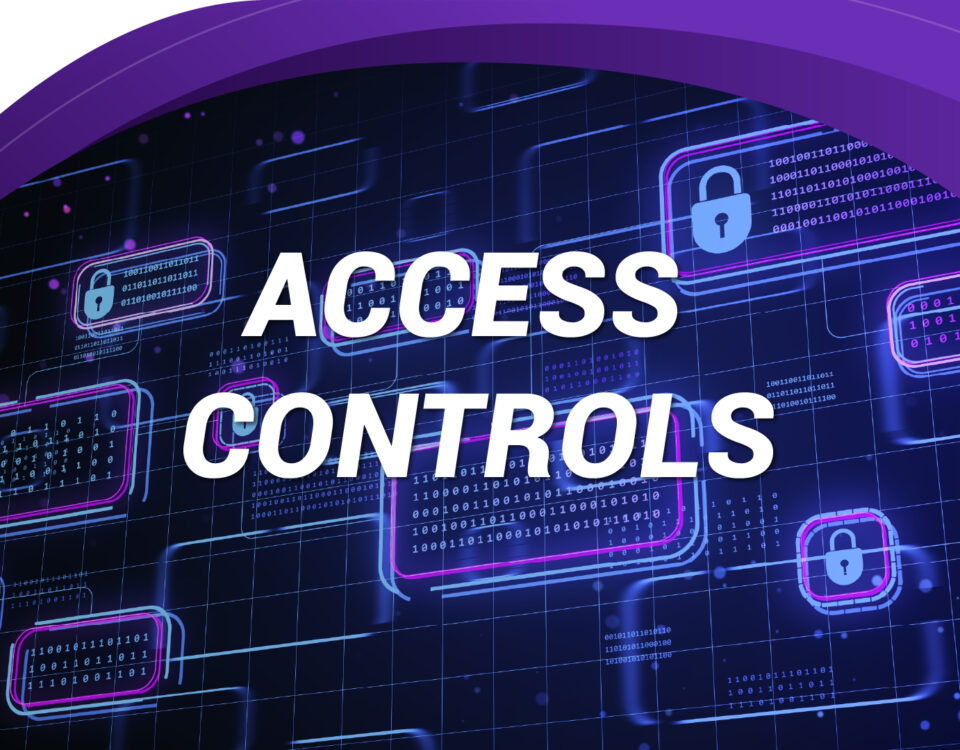Today, the handling of personal data is one of the most critical issues in the digital realm. Local personal data protection regulations have a direct impact on cybersecurity, as they impose a regulatory framework that requires organizations to ensure the security of the information they process and store. These regulations are not only a means to protect individuals’ privacy but also an essential mechanism for strengthening companies’ cyber defenses, as they must comply with strict standards to avoid penalties and financial losses.
1. Increased Responsibility in Data Handling
One of the main ways in which personal data protection regulations affect cybersecurity is by creating stricter accountability in the handling and storage of data. Regulations such as the General Data Protection Regulation (GDPR) in Europe or the Personal Data Protection Law in Mexico, among others, require organizations to adopt data protection practices that minimize the risk of leaks, loss, or unauthorized access.
For example, the GDPR states that personal data must be processed securely and confidentially, which compels organizations to implement appropriate measures to protect information from collection through storage. This, in turn, drives improvements in cybersecurity infrastructure, requiring data to be protected through technologies such as end-to-end encryption, multifactor authentication, and other advanced tools.
2. Encryption: A Key Requirement for Data Protection
One of the main measures required by regulations to protect personal data is encryption. Data encryption has become a crucial tool to ensure that sensitive information cannot be accessed or compromised in the event of a cyberattack. Organizations must ensure that all personal data—both in transit and at rest—is encrypted in accordance with industry best practices.
In many cases, data protection regulations mandate the encryption of personal data. For example, the GDPR specifies that personal data must be encrypted if its processing poses risks to individuals’ rights and freedoms. In this way, encryption becomes not only a technological security measure but also a legal obligation, pushing companies to reinforce their cybersecurity systems to prevent data breaches.
3. Authentication and Access Control
Strong authentication is another key aspect at the intersection of data protection regulations and cybersecurity. Personal data protection laws require organizations to implement access control systems that ensure only authorized individuals can access sensitive data. In many regulations, data access must be strictly limited to employees who need it to perform their jobs.
Moreover, organizations are required to use robust authentication mechanisms to verify users’ identities before granting access to data systems. Multifactor authentication (MFA), which requires users to provide two or more authentication factors (such as passwords, authentication devices, or biometric data), is a recommended practice in data protection regulations, and its implementation significantly strengthens a company’s cybersecurity.
The rationale behind these regulations is simple: personal data is extremely valuable, not only to organizations but also to cybercriminals, who seek to exploit this information for malicious purposes. Rigorous authentication policies ensure that data is protected against unauthorized access, reducing the risk of breaches that could compromise individuals’ privacy.
4. Constant Monitoring and Incident Response
Data protection regulations also require organizations to maintain constant monitoring of access to and use of personal data. This means implementing monitoring technologies capable of detecting unusual behavior patterns and potential threats in real time. Continuous monitoring is vital to identifying attacks before they become serious incidents, allowing companies to take corrective action quickly.
According to these regulations, organizations must have established procedures to detect security breaches and respond to incidents efficiently. This includes the obligation to notify regulatory authorities and affected individuals in the event of a personal data breach. Compliance with these rules requires companies to have trained personnel and advanced technologies in their cybersecurity infrastructure to ensure data protection at all times.
PONENTES
NetBIT Secure
Symmetric / Dedicated Internet Service with Logical Security, composed of high quality and high end equipment.
NetBIT Secure adapts to the speed of your business.
Written SLA guarantee. Installation and implementation within days. Configurable policies according to your needs.
5. Impact Assessments and Audits
Another measure required by personal data protection regulations is the performance of privacy impact assessments. These evaluations are essential for identifying potential vulnerabilities in data management systems and determining what additional security measures may be necessary. Regular audits are also an important part of complying with data protection laws.
Impact assessments help companies anticipate and mitigate cybersecurity-related risks, allowing adjustments to be made before problems arise. Additionally, audits not only serve to comply with regulations but also to improve overall security posture by identifying areas that may need to be reinforced to better protect personal data.
6. Cybersecurity Training and Awareness
Compliance with personal data protection regulations also requires organizations to invest in employee training and awareness regarding cybersecurity. Employees are often the weakest link in the data protection chain, so it’s essential that they receive training on best practices in information security and data protection.
Data protection regulations require companies to educate employees on the risks associated with handling personal information and the techniques used by cybercriminals, such as phishing or malware. In this way, companies not only comply with the law but also strengthen their cybersecurity by fostering an organizational culture that is aware of the risks and committed to protecting information.
7. The Relationship Between Cybersecurity and Privacy
Lastly, strengthening cybersecurity in response to personal data protection regulations also has a positive impact on privacy. As companies enhance their protective systems and proactively respond to cyber threats, consumer and user trust in the security of their data increases. Privacy is not only a legal matter but also one that is intrinsically linked to cybersecurity practices.
Personal data protection regulations help create an environment where companies are more responsible in their handling of individuals' data, leading to a higher level of protection and a more robust and conscious cybersecurity culture.








